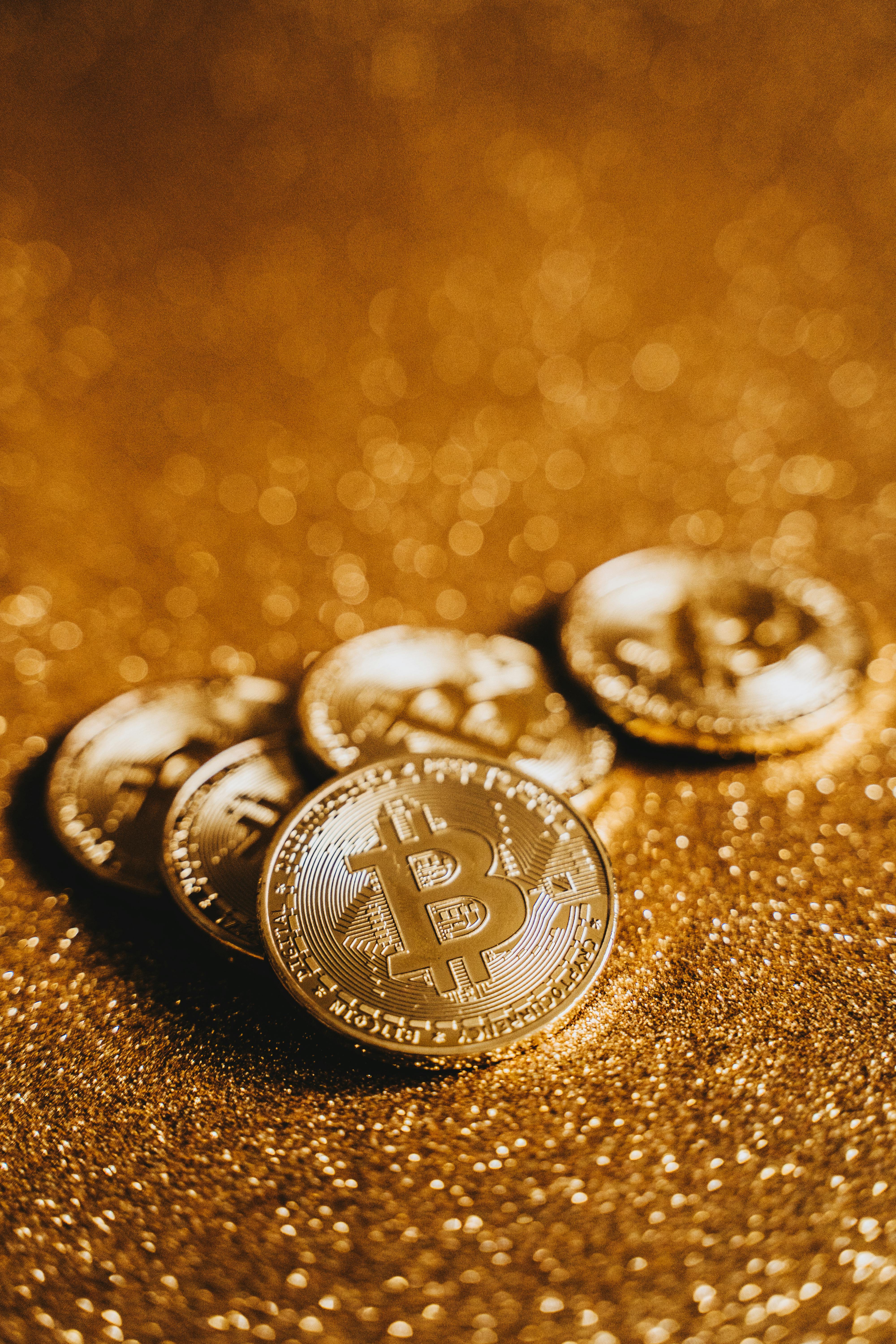Can blockchain take social casinos to the next level?
News Publisher Oct 30, 2025 09:22
Do you know that the social casino market size has already hit $9.24 billion, according to approximations by Research and Markets?


Do you know that the social casino market size has already hit $9.24 billion, according to approximations by Research and Markets? It could continue expanding at a CAGR of 9.2%, reaching a market volume of $13.16 billion by 2029. As the industry expands, more operators could join, making it more competitive.
As such, operators must adopt innovative ways to counter the competition if they are to enjoy long-term survival. Unsurprisingly, blockchain is one of them. This technology is handy in catering to modern preferences like the growing need for safe online interactions. Remember, players today highly prioritize customer-centric businesses. And if you have to appeal to them, your platform must provide a seamless gambling experience.
Thankfully, platforms like Lonestar social casino know that and are implementing measures to ensure players remain connected for longer. But besides just improving the traditional gambling experience through features like mobile-friendly designs, these platforms can take advantage of blockchain to offer greater transparency, improved security and provably fair gaming.
Well, of course, blockchain is not new in the broader iGaming sector. According to Platinum Crypto Academy, crypto gambling accounts for 30% of all digital wagers. If that’s not enough, Blockonomi recently reported that the cryptocurrency gambling market jumped from $50 million in 2019 to $250 million in 2024. These statistics are clear proof of how players are increasingly welcoming decentralized systems. So, how can social casinos jump on the blockchain bandwagon to capture a share of this growth?
The power of blockchain-based rewards
Social casinos have long used loyalty programs to keep players coming back for more. You might collect points for playing your favorite games and later trade them for bonus chips or exclusive items. However, these programs often feel limited and one-sided. For example, you may not be able to use loyalty points earned on one social casino in another.
These limitations make trends like tokenization very handy. With tokenization, you can earn transferable tokens that you can store in personal wallets or trade on a secondary market. Such options improve player engagement and can be excellent tools for turning casual visitors into returning ones. Interestingly, Bain & Company has found that increasing customer retention by only 5% can translate to an increase in profits by up to 95%.
Once a player becomes loyal, it becomes easier to sell to them. Data from the Marketing Centre shows the odds of selling to a new customer hover around 5–20%. However, when dealing with an existing customer, the odds shoot up to 60–70%, further highlighting the growing importance of blockchain-based rewards.
Catering to safety-conscious users
Unsurprisingly, modern gamblers have increasingly become security-conscious. Sophos says two-thirds (67%) of companies were victims of ransomware attacks in 2024, up from 60% in 2023.
In addition, Exploding Topic says about 54 people fall victim to an online attack every second. This growing prevalence of cyberattacks has made gamblers more concerned about their online safety, so they only want to transact with secure brands.
Failing to adopt tight security measures could risk losing customers. Exploding Topics states, “85% of global adults want to do more to protect their online privacy.” Since you don’t want to lose such customers, adopting technologies like crypto that appeal to their safety needs can really be handy.
Remember, transferring crypto funds only requires a wallet address. This is helpful when you want to reduce the risk of identity theft. Digital currencies also store every transaction on a public ledger. As long as validation occurs, no one can manipulate or alter the data, which can help improve player trust. And if players trust your platform, they will likely become loyal.
However, it’s worth noting that crypto does have associated risks, such as phishing scams and wallet compromises. So, although decentralization and cryptography make crypto more secure, operators still have a responsibility to inform users about safe practices, such as how to safeguard one’s private key.
The power of being customer-focused
Digital platforms have significantly transformed the gambling industry. Looking at the statistics, DemandSage places the number of global online participants at over 882 million. On top of that, Cision News states that 4.2 billion people gamble at least once per year. This is likely due in large part to the fact that online platforms offer an unmatched level of convenience, allowing players to engage from anywhere.
But today’s gamblers want more than just convenient access to gambling. You may lose users if you only offer flashy online games without implementing more engaging loyalty features. After all, loyalty offers are part of the non-negotiable features that modern gamblers prioritize beyond the convenience of online platforms.
The beauty of implementing these features is that they make your brand feel more player-focused, which may result in greater profitability. According to Help Scout, businesses can grow their revenue by 4–8% by “prioritizing better customer service experiences.” Statistics like this one might help explain why blockchain could actually take social casinos to the next level..
Blockchain is also handy when it comes to catering to security-conscious users. Its immutability ensures operators can’t manipulate gambling results once stored. This can improve trust and encourage players to remain connected for a long time. Given such benefits, more social casinos will likely open their doors to blockchain, as they seek to improve their competitiveness in this rapidly growing sector.
Image source: Shutterstock.jpg)